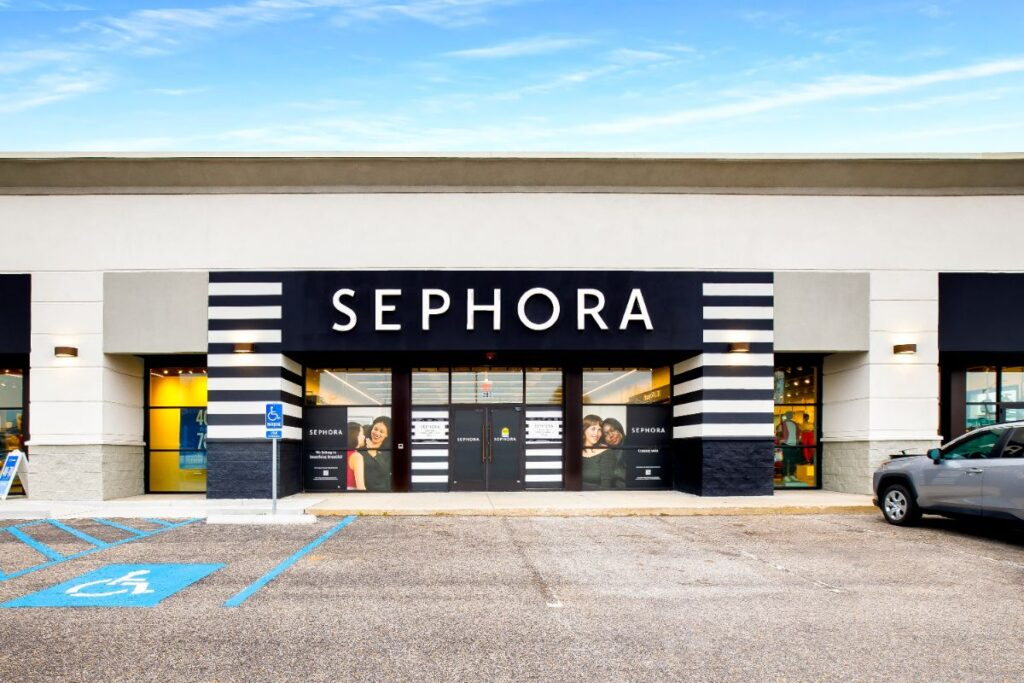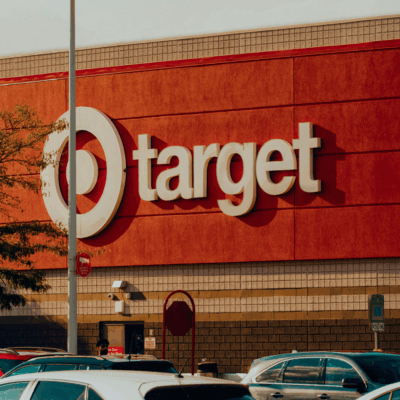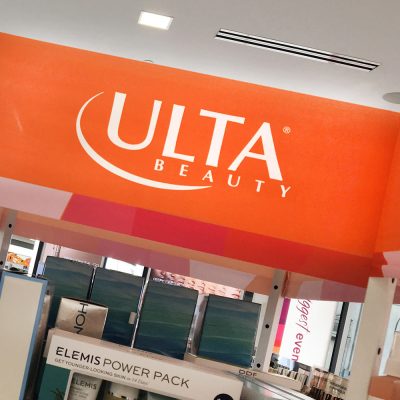
Sephora’s Holiday Ad Backlash Tests Customer Trust During Key Sales Event
Sephora was undoubtedly delighted when Mariah Carey, whose 31-year-old song “All I Want for Christmas is You” has become a hallmark of the holidays, agreed to star in its holiday advertisement, but the delight has taken a dark turn as the beauty specialty retailer faces a social media backlash and calls for a boycott from angry critics claiming it’s poking fun at opposition to corporate actions.
The ad, which has drawn over 100 million views on TikTok and millions more on Instagram, shows Carey belting out her famous line, “It’s time,” to inaugurate the holiday season, and an elf played by comedian Billy Eichner stealing her Sephora goods and trying to cancel Christmas after being overworked. He informs Carey he’s pawning the beauty products to afford therapy, only to be turned into a cartoon snowman by Carey declaring, “You can’t cancel Christmas.” Critics interpret the exchange as deriding consumer activism characterized by economic protests of companies like Target and Starbucks.
In a TikTok video that has 1.1 million views, a content creator with the handle @kiarajaxn describes the ad as tone-deaf and says Sephora is “definitely mocking” working class people. She posits Sephora intentionally created the commercial as an outrage marketing strategy to stoke bad press and virality. Discussing a movement to sit out Black Friday, she says, “Why would we spend all our money on Black Friday Christmas shopping to fuel the economy when the economy is not fueling us?”
Sephora’s intentions with the ad are unclear as the company hasn’t publicly addressed the backlash. Beauty Independent reached out to representatives for the retailer and didn’t receive a response. According to advertising tracker MediaRadar, LVMH Moët Hennessy Louis Vuitton-owned Sephora spends under $100 million annually on advertising across digital, print and national television. Fueled by Sephora, LVMH’s Selective Retailing division rose 7% in the third quarter this year, outperforming the conglomerate’s other divisions.
Beauty industry marketing consultant and brand strategist Bethany Paris Ramsay observes that rage bait marketing is a popular tactic in 2025 and warns companies that savvy consumers view it as “a last-ditch cry for attention.” “The Sephora x Mariah Carey holiday commercial is a blunt reminder that provocation for provocation’s sake is not clever brand building. It’s lazy and stupid,” she says. “There’s just not a better way of saying it. That’s my professional opinion as a marketer of 15 years and a consultant fully immersed in this space.”
Sephora’s Christmas ad is among a string of controversial beauty and fashion ads this year. E.l.f. Cosmetics drew ire for featuring Matt Rife, a comedian slammed for jokes about domestic violence, in its advertising in August, while American Eagle struck a nerve in the summer with a twist on Brooke Shield’s famous Calvin Klein campaign in which “Euphoria” actress Sydney Sweeney used a pun involving “great jeans” or “great genes” perceived as having eugenic undertones. Despite the online outcry, American Eagle reported it gained more than 700,000 new customers in the wake of the ad, demonstrating the relationship between social media kerfuffles and business performance isn’t necessarily direct.
@mariahcarey It’s Time!!!🎄🎁 #SephoraPartner
Even if a polarizing ad doesn’t undermine sales, Paris Ramsay argues it’s a reputational liability. That may be particularly true for Sephora. The retailer hasn’t retreated from social responsibility efforts as other companies have. For example, it’s reaffirmed its support for DEI initiatives. Sephora’s core audiences, gen Z and millennial women, lean decisively Democratic, with surveys from Pew Research Center and Gallup finding they’re among the most liberal and politically engaged demographic groups in the United States.
“In an era of values-driven consumers with less financial stability combined with infinite product choices, smart brands invest in enduring relevances,” says Paris Ramsay. “Short-term stunts are not it.”
Stevie Wilson, a creative director and brand content expert, says, “Brands have a responsibility both culturally and commercially to ensure their messaging never punches down, so to speak. Campaigns are at their best when they’re uplifting, rooted in ideas and ideals that feel motivating or help the audience feel seen. No one wants to feel like they’re relating more to the Grinch.”
Sephora’s Carey ad coincides with the beauty specialty retailer’s important fall savings event running from Oct. 31 to Nov. 10, putting content creators tapped to promote the event in an awkward situation of promoting a company as consumers decry it. Many content creators have noted it’s ironic that the chain uses “All I Want for Christmas is You” in its ad as Carey croons about not caring about presidents under the Christmas tree in it. A TikTok user with the handle @jasminahinton says the song is “quite literally about just wanting to spend time with the people or person you care about the most. It has nothing to do with wanting materials.”
Still, the response to the ad hasn’t been all negative. On Instagram and TikTok, along with complaints, the comment sections are full of fans applauding Sephora’s spin on Carey’s Christmas season kickoff. In response to a negative comment on the Instagram post, a user with the handle @kurtisleelewis writes, “Don’t make everything about you. Why don’t you just enjoy Christmas instead of being miserable AF! You little woke snowflake.”
@jasminahinton This is ridiculous #jasminahinton #sephora #mariahcarey #sephoraad
For critics of the ad, it’s in particularly poor taste currently as the federal government shutdown endures, making it the longest in U.S. history, leaving federal employees unpaid and threatening Supplemental Nutrition Assistance Program (SNAP) benefits for over 42 million people. Additionally, health insurance costs are set to rise due to the pending expiration of Affordable Care Act provisions, causing Eichner’s bit about therapy to seem callous.
Wilson postulates Sephora could’ve easily gone in a different direction. For instance, she envisions Carey enlisting a crew of muscular men wearing Santa hats to save Christmas. “The concept does not fundamentally change much and still allows for her to triumphantly declare, ‘It’s time,'” she says. “We all focus on the beloved celebrity being the hero of the season versus there being anything quite too on the nose about the current economic environment. In an effort to feature two cameos where one would have sufficed and a punchy script, the brand unfortunately painted too specific a picture and shifted focus away from the core brand narrative: Sephora and Mariah Carey are both icons of Christmas.”
Rachael Bischoff, co-founder of Sun & Sol Co. and marketing consultant, suggests consumers aren’t seeking perfectly polished holiday campaigns with high-wattage celebrities. “They’re looking for something tangible, accessible, warm and welcoming. Home,” she says, “When brands create space for sincerity, generosity and shared experience, they remind people why they fell in love with them in the first place, and that’s what builds loyalty that lasts far beyond a seasonal campaign.”
Wilson believes there could be a lasting impact from Sephora’s holiday ad controversy. She spotlights Target’s ongoing struggles exacerbated by the boycott following the rollback of its DEI programs nearly a year ago. Cosmetics brand Youthforia closed following a scandal surrounding the lack of inclusivity of its Date Night foundation shade range.
“This is far from harmless,” says Wilson. “Brand trust doesn’t bounce back overnight, if ever, especially in the beauty space where ritual, community and emotional resonance are everything.”




